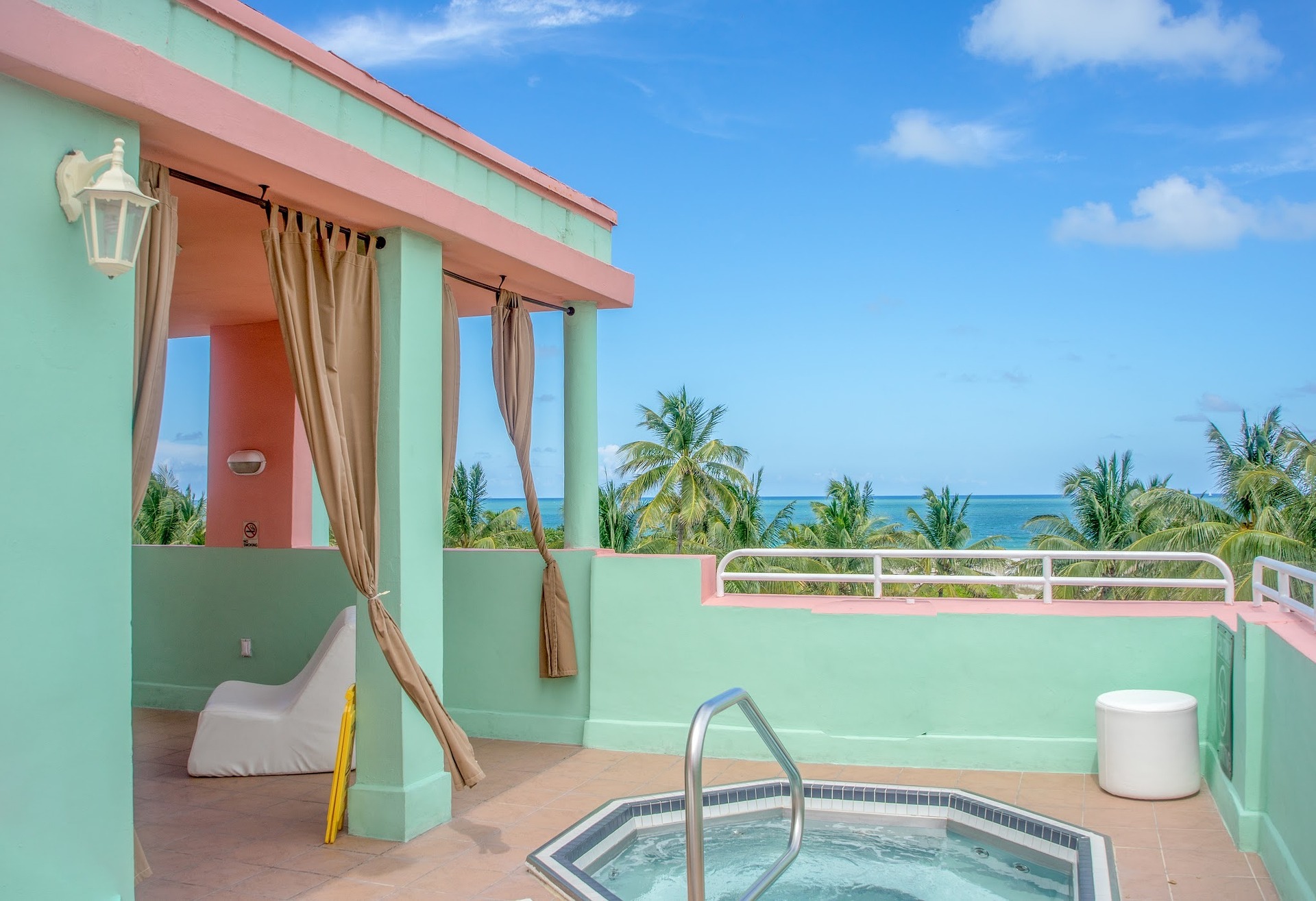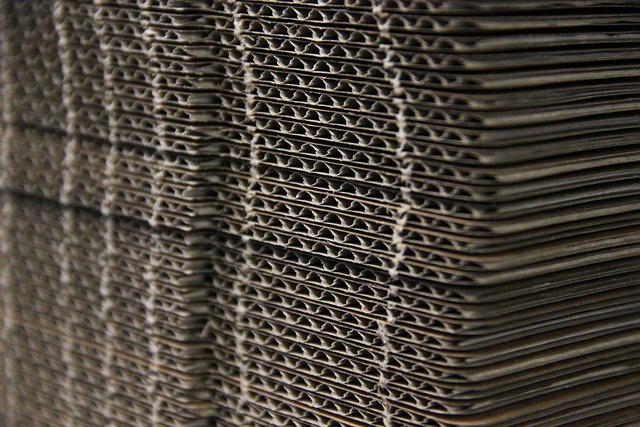Replace Old Windows with Energy-Efficient Upgrades – See If You Qualify for Local Incentives
Are you tired of drafty windows and high energy bills? Upgrading to energy-efficient windows can transform your home's comfort and reduce your carbon footprint. This comprehensive guide will explore the benefits of window replacement, potential savings, and how you might qualify for local incentives to make the upgrade more affordable.

What are the benefits of upgrading to energy-efficient windows in older homes?
Older homes often struggle with inefficient windows that contribute to energy loss and discomfort. By upgrading to energy-efficient windows, homeowners can experience a range of benefits. These modern windows provide better insulation, reducing heat transfer and minimizing drafts. This improved thermal performance leads to more consistent indoor temperatures, enhancing overall comfort throughout the year.
Energy-efficient windows also help to block harmful UV rays, protecting your furniture and flooring from fading. Additionally, these upgrades can significantly reduce outside noise, creating a more peaceful living environment. For older homes, energy-efficient windows can also help preserve the building’s structural integrity by preventing moisture infiltration and reducing the risk of mold and rot.
How can new window installations contribute to monthly utility savings?
One of the most compelling reasons to invest in energy-efficient windows is the potential for substantial utility savings. These advanced windows are designed to minimize heat transfer, reducing the workload on your heating and cooling systems. As a result, homeowners can expect to see a noticeable decrease in their monthly energy bills.
The amount of savings can vary depending on factors such as climate, the size of your home, and the efficiency of your current windows. However, the U.S. Department of Energy estimates that replacing single-pane windows with energy-efficient models can save homeowners between $126 to $465 per year in energy costs. Over time, these savings can offset the initial investment in window replacement.
What types of replacement windows and frame materials are best suited for different climates?
Choosing the right type of replacement windows and frame materials is crucial for maximizing energy efficiency in your specific climate. For colder regions, double-pane or triple-pane windows filled with inert gases like argon or krypton provide excellent insulation. Low-E coatings on these windows help reflect heat back into the home during winter months.
In warmer climates, windows with spectrally selective coatings can reduce heat gain while still allowing natural light to enter. Frame materials also play a significant role in window performance. Vinyl frames offer good insulation and low maintenance, while fiberglass frames provide strength and thermal efficiency. Wood frames are aesthetically pleasing and offer natural insulation but require more upkeep.
Are there any local incentives available for energy-efficient window upgrades?
Many homeowners are pleasantly surprised to learn that there may be financial incentives available for energy-efficient window upgrades. These incentives can significantly reduce the overall cost of your window replacement project. Local utility companies often offer rebates or discounts for energy-efficient home improvements, including window upgrades.
Additionally, some states and municipalities provide tax credits or grants for energy-efficient home renovations. To find out what incentives are available in your area, check with your local utility provider, visit the Database of State Incentives for Renewables & Efficiency (DSIRE), or consult with a local window replacement professional who can guide you through the process of identifying and applying for relevant incentives.
What factors should you consider when choosing a window replacement contractor?
Selecting the right window replacement contractor is crucial for ensuring a successful upgrade. Look for contractors who are licensed, insured, and certified by reputable window manufacturers. Experience is key, so ask for references and examples of past projects similar to yours. A good contractor should be able to provide a detailed estimate and explain the installation process thoroughly.
Consider asking potential contractors about their warranty offerings, both for the windows themselves and the installation work. It’s also wise to inquire about their familiarity with local building codes and energy efficiency standards. Don’t hesitate to get multiple quotes and compare them before making your decision. Remember, the lowest price isn’t always the best value – consider the quality of materials, workmanship, and customer service when making your choice.
How do different window styles and features impact energy efficiency and home value?
When it comes to energy-efficient window upgrades, various styles and features can impact both performance and home value. Casement windows, which seal tightly when closed, are often considered one of the most energy-efficient options. Double-hung windows, while popular, may be slightly less efficient due to potential air leakage between the sashes.
| Window Style | Energy Efficiency | Impact on Home Value |
|---|---|---|
| Casement | High | Moderate to High |
| Double-Hung | Moderate | High |
| Picture | Very High | Moderate |
| Sliding | Moderate | Moderate |
| Bay/Bow | Varies | High |
Prices, rates, or cost estimates mentioned in this article are based on the latest available information but may change over time. Independent research is advised before making financial decisions.
Features like low-E coatings, gas fills, and multiple panes can significantly enhance a window’s energy performance. These features not only improve efficiency but can also increase your home’s resale value. According to the National Association of Realtors, window replacement projects can recover up to 72% of their cost at resale, making them a smart investment for both energy savings and home value appreciation.
In conclusion, replacing old windows with energy-efficient upgrades is a smart move for homeowners looking to improve comfort, reduce energy bills, and increase property value. By understanding the benefits, exploring available incentives, and carefully selecting the right windows and contractor, you can make an informed decision that will benefit your home for years to come. Remember to research local incentives and consult with professionals to find the best solution for your specific needs and climate.




